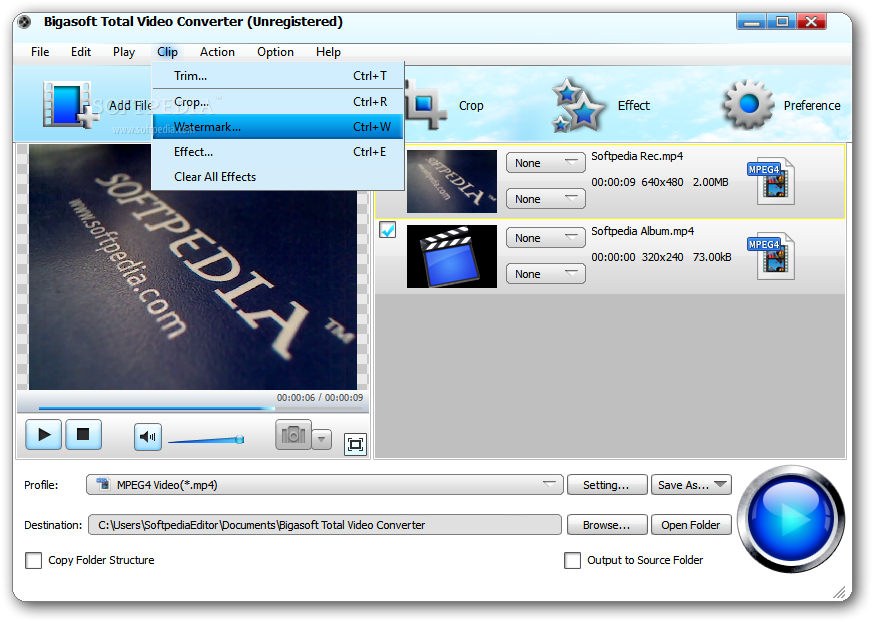

Frequently, and without explanation, they contradict themselves and one another. The characters merely pick up and leave off the discourse in a random order, speaking for varying lengths of time. Nor are any specific lines assigned to the individual speakers.
SELF ACCUSATION PETER HANDKE FREE
They speak in a bland litany, free of emotion, vocal inflection, or any significant gestures. During their time onstage, the four speakers address the audience directly without singling out any specific individuals. Women are expected to be dressed in subdued colors. It is expected that the men, in both the audience and on stage, will be wearing dark jackets and white shirts with plain ties. They are also largely indistinguishable from one another and even from the members of the audience. The speakers remain merely anonymous actors who address the audience in the author's words. The four characters in this play do not assume a “role” in any traditional sense. įour Speakers, a mixed group of men and women. And so the outcome was, paradoxically, doing something onstage against the stage, using the theatre to protest against the theatre of the moment-I don't mean theatre as such, the Absolute, I mean theatre as a historical phenomenon, as it is to this day. I first intended to write an essay, a pamphlet, against the theatre, but then I realized that a paperback isn't an effective way to publish an anti-theatre statement. My theatrical plan is to have the audience always look upon my play as a means of testing other plays. What mattered to me was making them feel like going to the theatre more, making them see all plays more consciously and with a different consciousness. The idea was to have the spectators in the orchestra thrown back upon themselves. They Are Dying Out (1973) puts the pillars of the bourgeoisie under the microscope to reveal an alien race, suffocated by rationality, unable to cope with untamed subjective impulses and shows an uncanny knack for making the familiar seem strange (Plays and Players).In a 1970 interview Handke said that the idea behind his plays was "making people aware of the world of the theatre-not of the outside world." He goes on to say that specifically in the case of Offending the Audience, his "point was to use words to encircle the audience so they'd want to free themselves by heckling they might feel naked and get involved." He further goes on to explain his intentions: Intensely theatrical…an author for whom playwriting seems akin to tightrope walking (The Times). The Ride Across Lake Constance (1970) follows a group of characters (known only by the names of the actors who perform the parts) who talk and play games together and skate over the thin ice that separates them from unspoken danger. My Foot My Tutor (1969) is a mime for two actors - Handke has here written an hour-long play without words that may at first look like a piece of audience-provocation but that finishes up as sheer theatrical poetry (Guardian). Handke’s play is a downright attack on the way language is used by a corrupt society to depersonalise the individual. Kaspar (1968) is based on the true story of Kaspar Hauser, a sixteen year old boy who appeared from nowhere in Nuremberg in 1828 and who had to be taught to speak from scratch. Written as the first of three short plays, it is an investigation of language and the forms of theatre designed to serve as ‘autonomous prologues’ to the old plays - as a means to sensitise the audience and to make them aware. Self-Accusation (1968) is a cunning and ironic attack on bureaucratic moral guilt (Observer).

It was originally conceived not as a play, but as a polemical essay about the theatre and a confrontation with each and every one of the conventions of which audiences have been accustomed to. Offending the Audience (1966) is described as a dissection of our expectations about what ought to happen in the theatre. With an introduction by Tom Kuhn and chronology of Handke’s life and work, the collection also includes notes by the author on the plays themselves and a written manifesto. This collected plays volume features six plays, translated into English, from his staged work in the 1960s/70s by Michael Roloff and Karl Weber. Peter Handke’s work is amongst the most strikingly original of all post-war European writing.

Winner of the 2019 Nobel Prize for Literature.


 0 kommentar(er)
0 kommentar(er)
